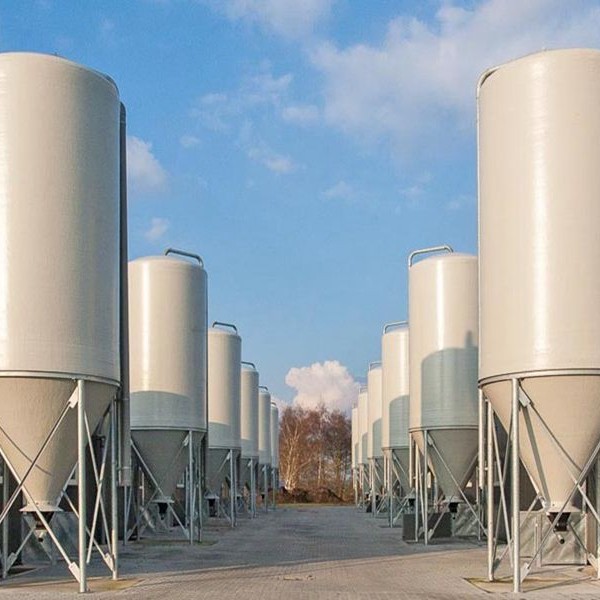
-
 Afrikaans
Afrikaans -
 Albanian
Albanian -
 Amharic
Amharic -
 Arabic
Arabic -
 Armenian
Armenian -
 Azerbaijani
Azerbaijani -
 Basque
Basque -
 Belarusian
Belarusian -
 Bengali
Bengali -
 Bosnian
Bosnian -
 Bulgarian
Bulgarian -
 Catalan
Catalan -
 Cebuano
Cebuano -
 China
China -
 China (Taiwan)
China (Taiwan) -
 Corsican
Corsican -
 Croatian
Croatian -
 Czech
Czech -
 Danish
Danish -
 Dutch
Dutch -
 English
English -
 Esperanto
Esperanto -
 Estonian
Estonian -
 Finnish
Finnish -
 French
French -
 Frisian
Frisian -
 Galician
Galician -
 Georgian
Georgian -
 German
German -
 Greek
Greek -
 Gujarati
Gujarati -
 Haitian Creole
Haitian Creole -
 hausa
hausa -
 hawaiian
hawaiian -
 Hebrew
Hebrew -
 Hindi
Hindi -
 Miao
Miao -
 Hungarian
Hungarian -
 Icelandic
Icelandic -
 igbo
igbo -
 Indonesian
Indonesian -
 irish
irish -
 Italian
Italian -
 Japanese
Japanese -
 Javanese
Javanese -
 Kannada
Kannada -
 kazakh
kazakh -
 Khmer
Khmer -
 Rwandese
Rwandese -
 Korean
Korean -
 Kurdish
Kurdish -
 Kyrgyz
Kyrgyz -
 Lao
Lao -
 Latin
Latin -
 Latvian
Latvian -
 Lithuanian
Lithuanian -
 Luxembourgish
Luxembourgish -
 Macedonian
Macedonian -
 Malgashi
Malgashi -
 Malay
Malay -
 Malayalam
Malayalam -
 Maltese
Maltese -
 Maori
Maori -
 Marathi
Marathi -
 Mongolian
Mongolian -
 Myanmar
Myanmar -
 Nepali
Nepali -
 Norwegian
Norwegian -
 Norwegian
Norwegian -
 Occitan
Occitan -
 Pashto
Pashto -
 Persian
Persian -
 Polish
Polish -
 Portuguese
Portuguese -
 Punjabi
Punjabi -
 Romanian
Romanian -
 Russian
Russian -
 Samoan
Samoan -
 Scottish Gaelic
Scottish Gaelic -
 Serbian
Serbian -
 Sesotho
Sesotho -
 Shona
Shona -
 Sindhi
Sindhi -
 Sinhala
Sinhala -
 Slovak
Slovak -
 Slovenian
Slovenian -
 Somali
Somali -
 Spanish
Spanish -
 Sundanese
Sundanese -
 Swahili
Swahili -
 Swedish
Swedish -
 Tagalog
Tagalog -
 Tajik
Tajik -
 Tamil
Tamil -
 Tatar
Tatar -
 Telugu
Telugu -
 Thai
Thai -
 Turkish
Turkish -
 Turkmen
Turkmen -
 Ukrainian
Ukrainian -
 Urdu
Urdu -
 Uighur
Uighur -
 Uzbek
Uzbek -
 Vietnamese
Vietnamese -
 Welsh
Welsh -
 Bantu
Bantu -
 Yiddish
Yiddish -
 Yoruba
Yoruba -
 Zulu
Zulu
tank fiberglass
The Advantages of Fiberglass Tanks in Modern Applications
Fiberglass tanks have become increasingly popular in various industries due to their numerous advantages over traditional materials. As technology advances, fiberglass has proven to be a superior choice for storage and transport solutions in applications ranging from wastewater management to chemical storage.
One of the most notable benefits of fiberglass tanks is their corrosion resistance. Unlike steel or plastic tanks, fiberglass is inert and does not rust or corrode when exposed to harsh chemicals. This property makes fiberglass tanks ideal for storing aggressive substances, including acids and alkalis, which can quickly degrade other materials. As industries continue to prioritize safety and environmental regulations, incorporating fiberglass tanks into their operations ensures compliance with guidelines for hazardous material storage.
The Advantages of Fiberglass Tanks in Modern Applications
Fiberglass tanks also offer exceptional strength and durability. They can withstand extreme weather conditions, including heavy rain, snow, and high winds, making them an excellent choice for outdoor installations. The reinforcing materials within fiberglass, such as glass fibers, enhance the structural integrity of the tanks, ensuring they maintain their shape and functionality over time. This resilience translates into a longer lifespan for the tank, ultimately providing a better return on investment for businesses.
tank fiberglass

Another important aspect of fiberglass tanks is their versatility. They can be molded into various shapes and sizes, making them suitable for different applications. Whether for residential use, agricultural storage, or industrial processes, fiberglass tanks can be tailored to meet specific requirements. Additionally, advancements in fiberglass technology allow for the production of tanks with improved insulation properties, making them suitable for temperature-sensitive materials.
Moreover, fiberglass tanks require minimal maintenance, resulting in lower long-term operational costs. Unlike metal tanks that may require regular inspections for rust or damage, fiberglass tanks generally remain intact without the need for frequent repairs. Their smooth surface also minimizes the buildup of contaminants, simplifying cleaning processes.
Sustainability is another key factor driving the adoption of fiberglass tanks. As more industries focus on eco-friendly practices, the production of fiberglass tanks has evolved to incorporate sustainable methods. Recyclability of fiberglass materials and the energy-efficient manufacturing processes contribute to a reduced environmental footprint, aligning with corporate social responsibility initiatives.
In conclusion, fiberglass tanks present a multitude of benefits, including corrosion resistance, lightweight properties, durability, versatility, low maintenance, and sustainability. As industries seek solutions that enhance efficiency and safety, fiberglass technology continues to advance, solidifying its position as a preferred choice for storage and transport in various applications. With the modern challenges of environmental regulations and safety standards, fiberglass tanks stand out as a smart investment for the future, catering to the needs of diverse sectors while promoting responsible practices.
Latest news
-
High-Quality Fiberglass Car Bodies Durable GRP Car & Boat Body SolutionsNewsJul.08,2025
-
High-Quality Fiberglass Dual Lamination Product Manufacturer Durable FRP & GRP Dual Lamination SolutionsNewsJul.08,2025
-
Rectangular Tank with Dimensions for GRP Calculation Custom Fiberglass GRP Rectangular TanksNewsJul.07,2025
-
High-Quality Fiberglass Weir Custom FRP Weir & Fiberglass Tanks ManufacturerNewsJul.07,2025
-
CPVC FRP Pipe A Reliable Choice for Industrial Applications High Strength & Corrosion ResistanceNewsJul.07,2025
-
Fiberglass Scrubber for Effective Cleaning and Stain Removal – Superior Performance in Various ApplicationsNewsJul.06,2025









